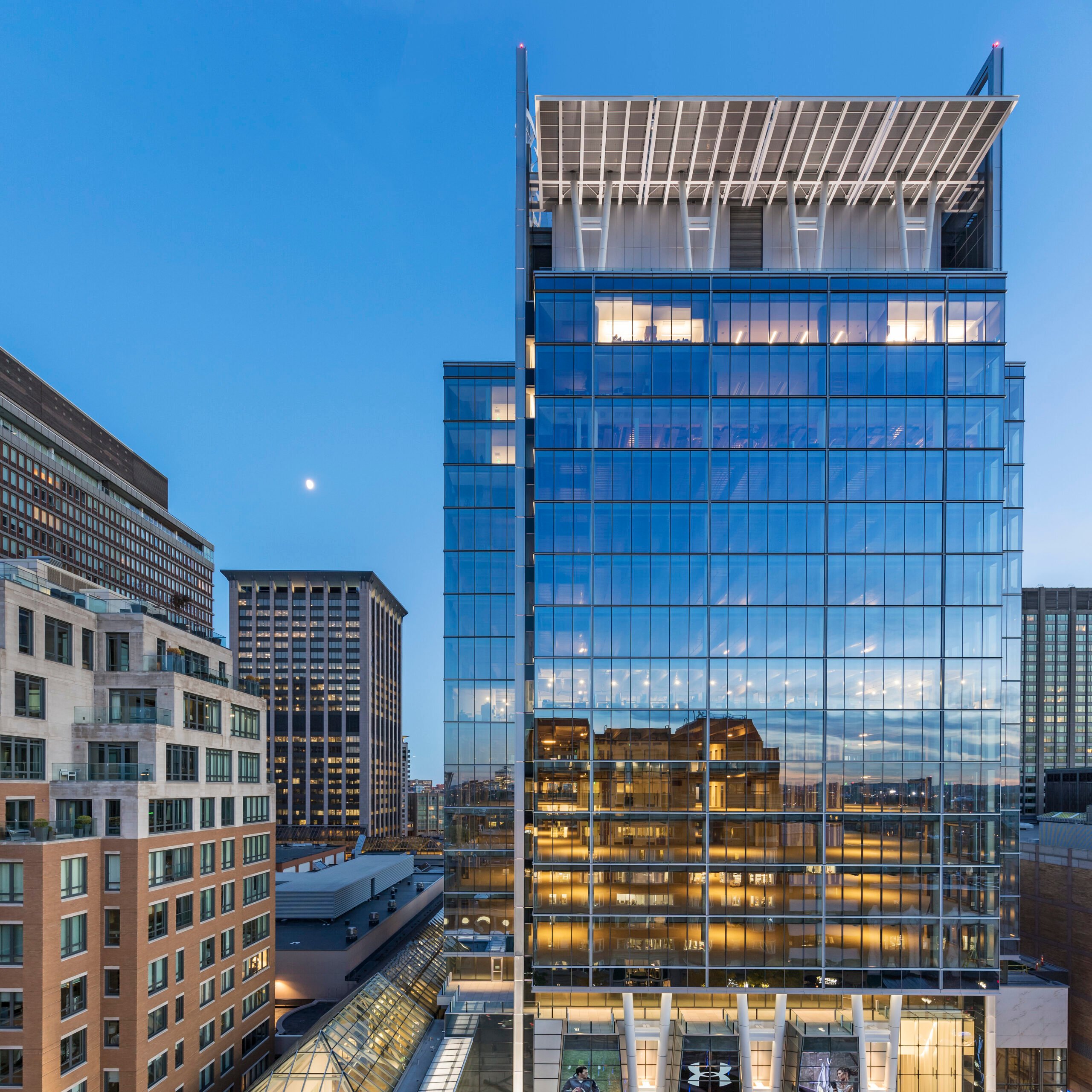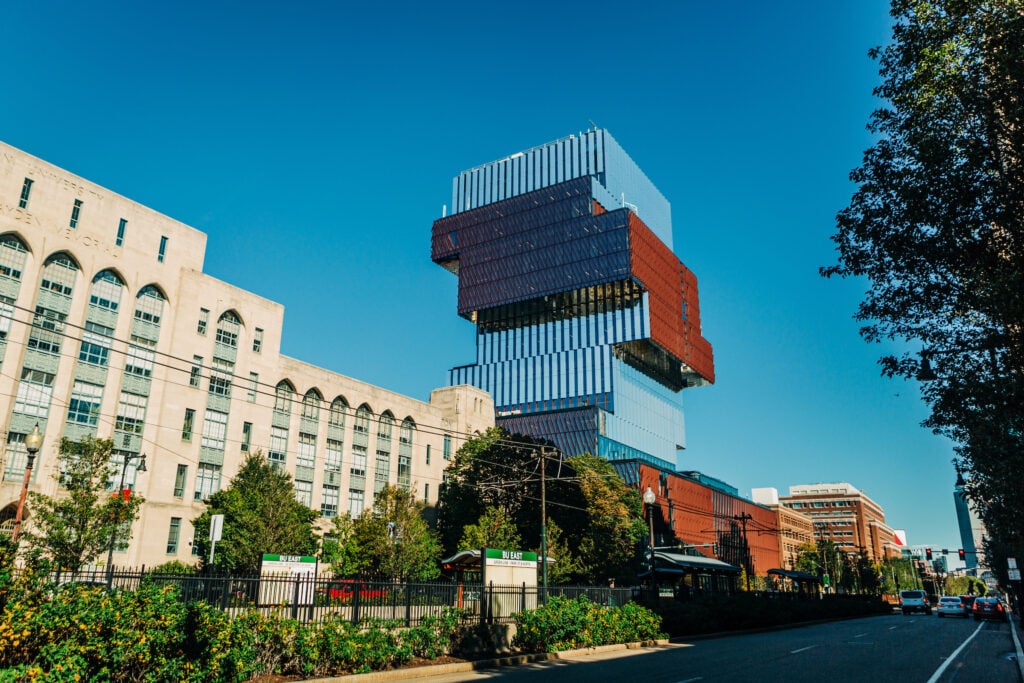Background
Equity Residential (NYSE: EQR) is one of the largest publicly traded owners and operators of high-quality rental apartment properties in the U.S., with a nationwide portfolio of more than 300 properties and more than 86,000 apartment units. Their presence is concentrated in urban and high-density suburban locations in and around dynamic cities and knowledge centers that attract affluent long-term renters, including Boston, New York, Washington, D.C., Southern California, San Francisco, Seattle, Denver, Atlanta, Dallas/Fort Worth, and Austin.
Equity’s Boston properties include Avenir in the North End, 660 Washington Apartments in the Theatre District, Troy Boston in the South End, 315 on A in Fort Point, and several West End complexes like Alcott, Asteria, and Vesta. The company is committed to meaningful corporate responsibility and sustainability practices, and has set rigorous goals around climate risk, science-based emissions reductions, energy efficiency, water management and waste management.
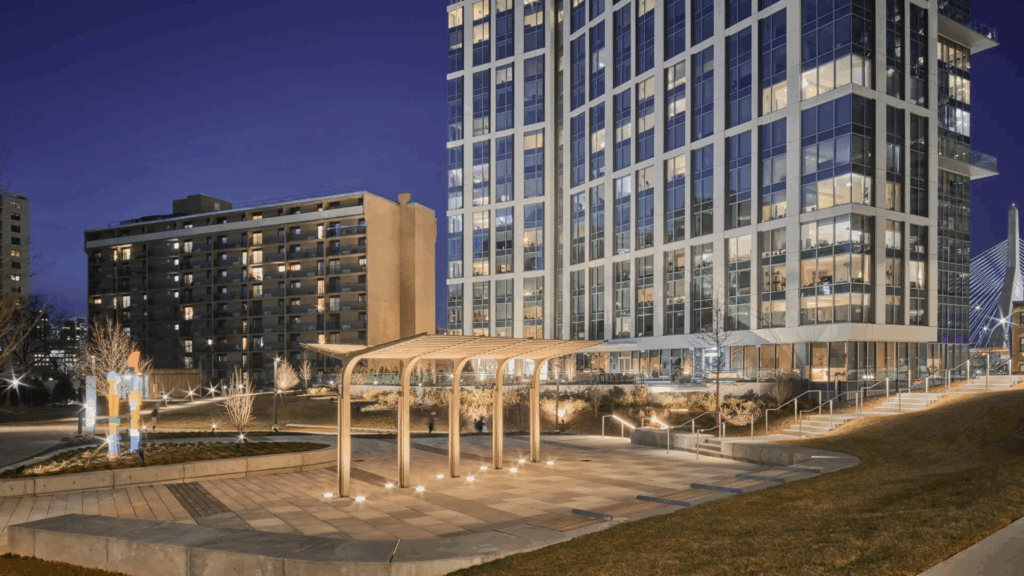
Strategy
Like many of its residential real estate peers, Equity recognizes that up to 70 percent of its buildings’ energy consumption can come from resident usage, making the dual factors of resident behavior and operational energy efficiency the keys to energy reduction. Equity has implemented programs and processes to encourage energy conservation, including setting conservative maximum and minimum heating and cooling temperatures on smart thermostats.
Rebecca Becker, Equity’s Vice President – Environmental and Climate Adaptation, notes that “we’re focused on making the right investments, creating value, and avoiding risk.” As she explains, “we can’t typically increase rents or pass through expenses for sustainability investments, so there is an added impetus for our energy efficiency and sustainability projects to have a comparable or better return on investment than other investment opportunities.”
“If energy efficiency and sustainability projects don’t have a better return on investment than other investment opportunities, then they’re unlikely to move forward.“
To that end, Equity Residential invests in energy efficiency projects that offer attractive payback periods. These initiatives encompass lighting retrofits, garage carbon monoxide sensor systems (which modulate fans to run only when necessary), and advanced sensor and control solutions, such as Runwise building-control sensors for optimizing boiler systems. Overall, Equity has made sustainability capital investments in recent years of $10M+ on solar PV installations, central system upgrades, whole building energy and water conservation projects, and 600+ EV chargers. Moreover, Equity’s proprietary data analytics dashboards allow them to capture actionable data to better identify potential issues and implement effective, low-cost-high-impact solutions.
Case Study
Equity is currently piloting highly energy-efficient Luxwall windows in Manhattan. These innovative windows are designed to have 5X the insulation performance as double-paned units, and can be installed internally, utilizing existing window frames and gaskets. Depending on their performance, these windows could be rolled out in Equity’s Boston-area properties and elsewhere. Adds Rebecca Becker: “We are using data loggers to see if the benefits [of the Luxwall windows] are as good as modeled, because if they are, we’d be thrilled to expand the roll out.”
The Results
The Equity sustainability team plans to achieve 2030 BERDO Compliance through a combination of accretive energy and greenhouse gas-reducing capital investments at properties not currently meeting targets, or through alternative compliance options. Having made significant progress toward their portfolio-wide 20% energy intensity reduction goal this past year, Equity is confident that their continued focus on energy efficiency and data analytics is a smart approach to meeting building performance standards in Boston and beyond.
Read More Case Studies
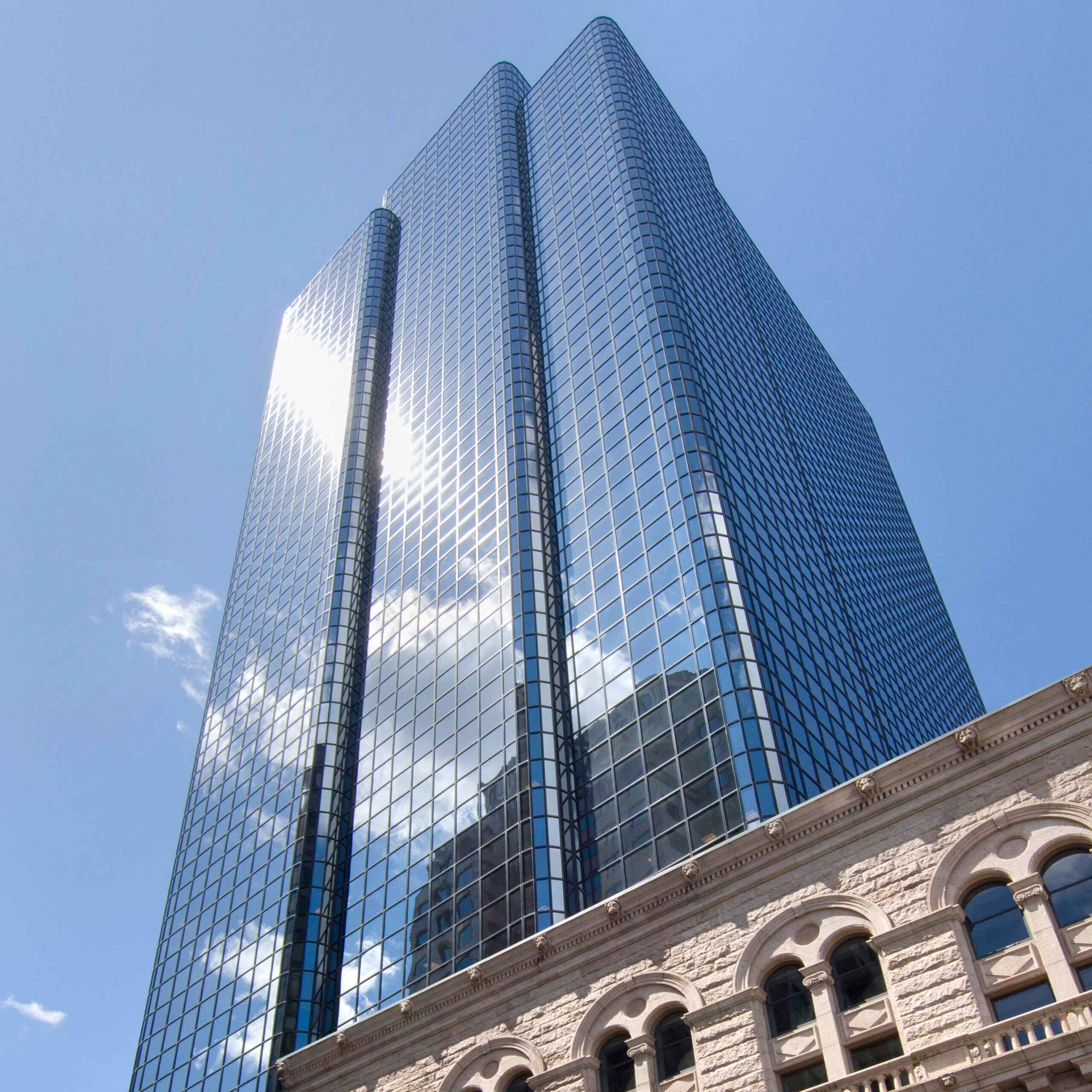
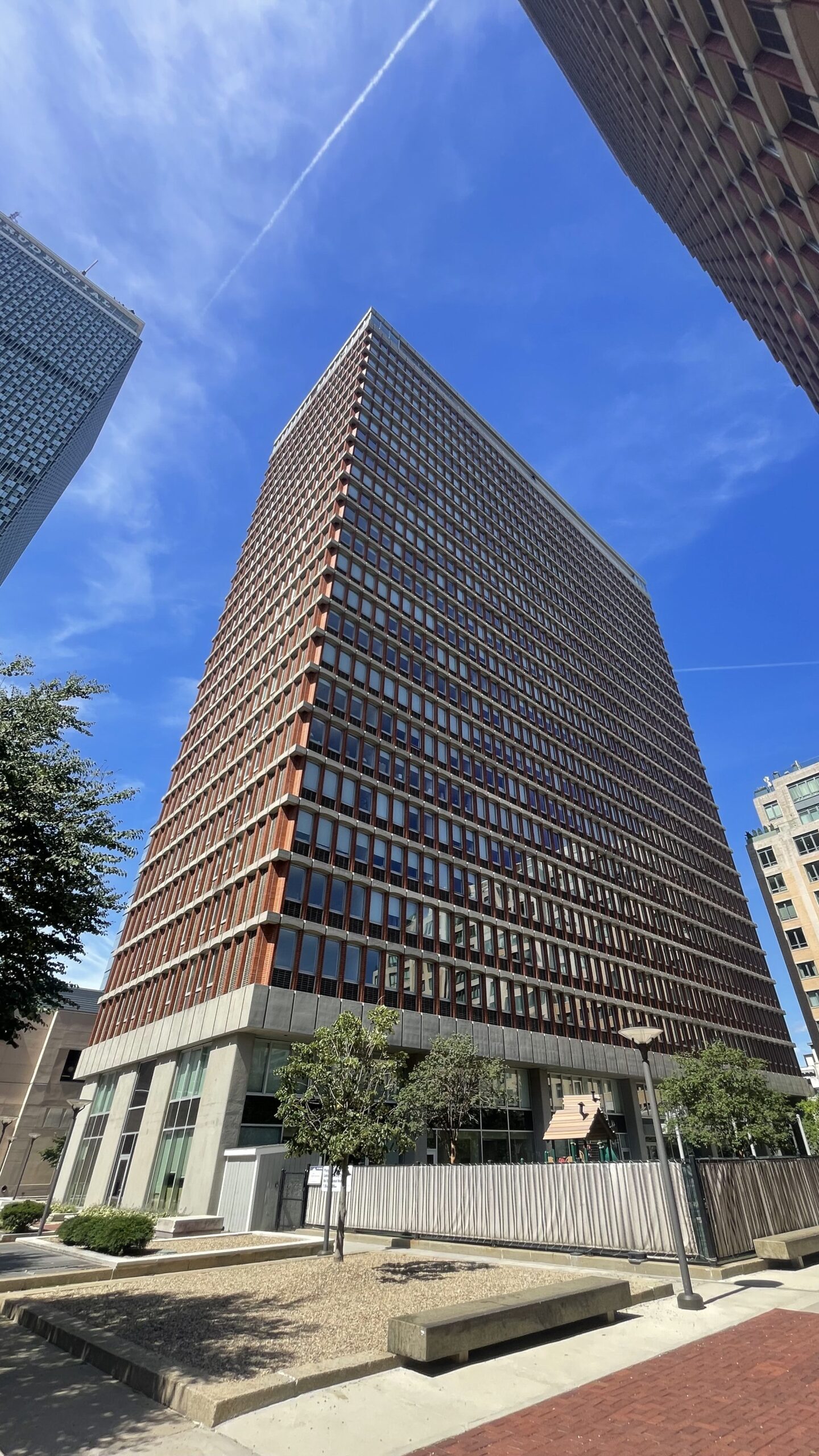
COMMUNITIES
